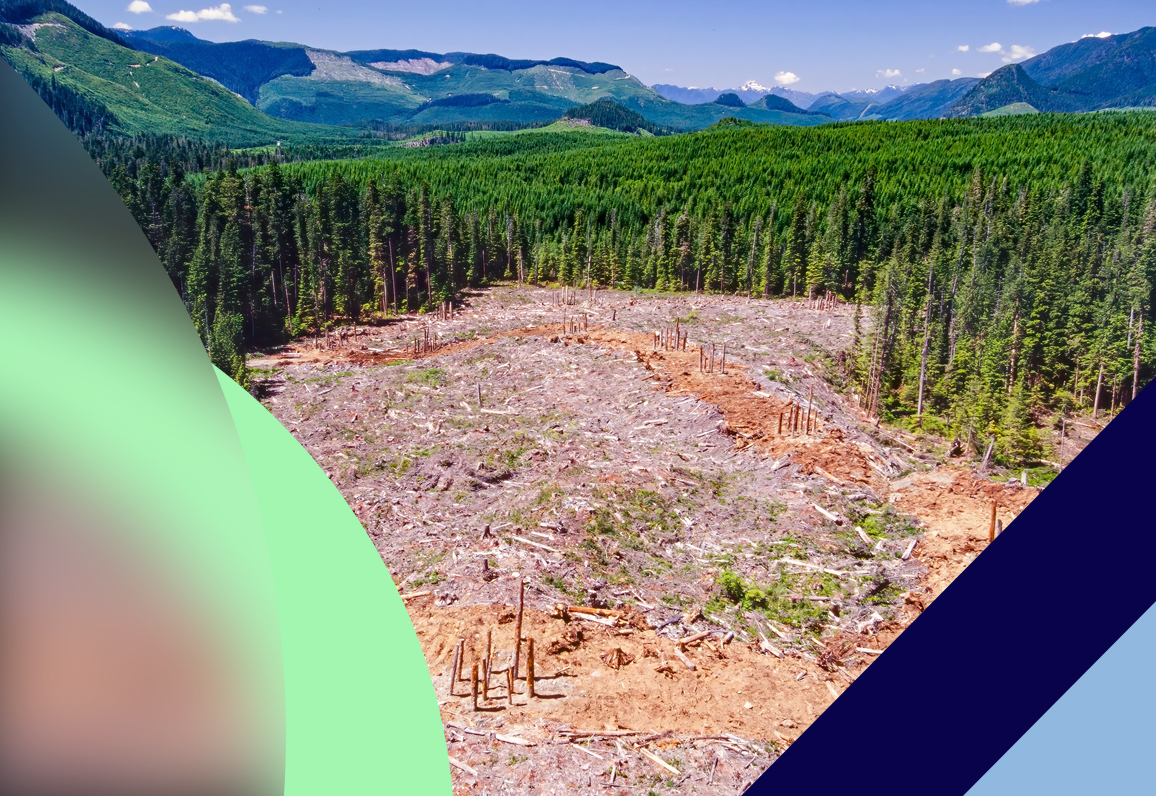What is the environmental impact of validation?
At any one time, a large global pharmaceutical company will archive and store up to 8 million pages of compliance documentation, locking away on average over half a million documents into physical storage for regulators to call upon during audit, and destroying over 800 trees in the process (1).
Just one tree can supply enough oxygen for up to four people, but crucially it will absorb over 20 kilograms of carbon each year of its life, magnifying carbon sequestration over its lifespan (2).
The environmental impact of paper-based validation in numbers
- 8 million pages of compliance documentation printed and stored by an average large global life sciences company.
- 500,000 compliance documents stored by an average large global life sciences company.
- 800 trees destroyed printing compliance documents.
- 1.5 tons+ carbon offset by using Kneat to digitize validation.
- 7% reduction can be achieved in emissions by 2030 through digitization alone.
By digitizing the entire validation lifecycle, through the elimination of validation on paper alone, Kneat enables companies to decrease their carbon footprint by over 1.5 tons, whilst achieving efficiencies that drive the bottom line.* The carbon offset on travel created by Kneat’s remote validation capability is much greater again -with an average carbon offset of half a metric ton, per person, per domestic air-travel event for projects where Kneat is used (3). This is particularly impactful in global CSV projects, capex C&Q& FUE projects, and where global processes are in place, where staff and supplier travel is frequent or ongoing.
Kneat customers, including seven out of ten of the world’s largest life sciences companies, report validation cycle-time reductions between 50%-100%, validation cost savings of over 35%, and speed-to-market acceleration of 17% for tech-transfer and software deployment –while reducing their carbon footprint.
Sustainability is a growing challenge for the life sciences industry, but through emerging technologies including industry 4.0 and renewable energies, organizations can begin to reverse their carbon footprint.
Learn more about how Kneat can help you to reduce your carbon footprint with this whitepaper.
*Projection based on survey breakdown established by Belkhir, et. al.
References
- Consolidation of Off-Site Document Management and Storage, Iron Mountain, [https://www.ironmountain.com/uk/resources/case-studies/s/sanofi].
- The Power of One Tree – The Very Air We Breathe, USDA, [https://www.usda.gov/media/blog/2015/03/17/power-one-tree-very-air-we-breathe].
- Environmental Impact of In-Person vs. Virtual Meetings, Impetus,[https://www.impetusdigital.com/2020/10/14/infographic-environmental-impact-of-in-person-vs-virtual-meetings/].




